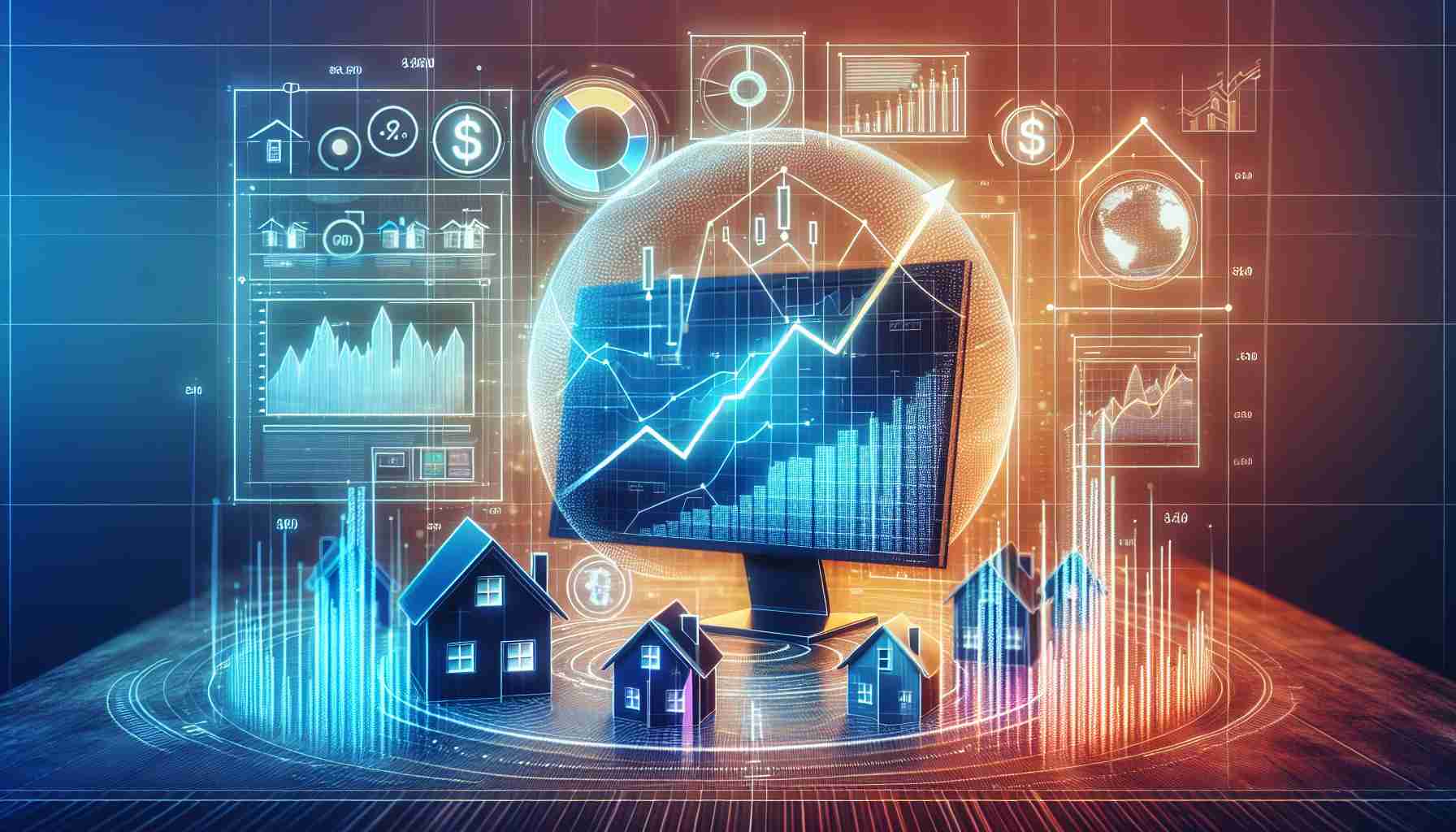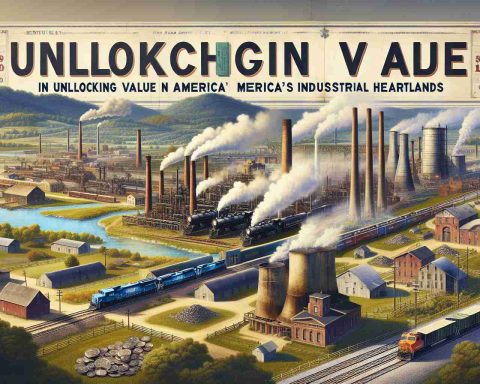Rising Interest Rates - Page 3
Rising interest rates refer to an increase in the cost of borrowing money, typically set by a central bank or influenced by various economic factors. When interest rates rise, it generally reflects a tightening of monetary policy aimed at controlling inflation, stabilizing the economy, or managing economic growth. Higher interest rates affect consumers and businesses by making loans more expensive, which can lead to reduced borrowing and spending. This can impact various sectors, including housing, automotive, and business investments. Additionally, rising interest rates can lead to higher yields on savings and fixed income investments, attracting investors seeking better returns. Overall, rising interest rates can influence economic activity, consumer behavior, and financial markets.







